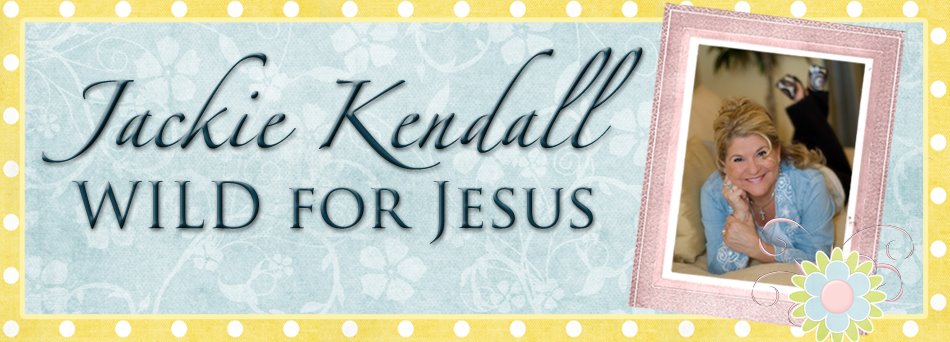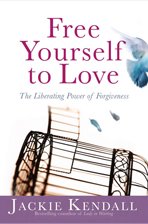Smiles and flattery do not cover up unforgiveness marinating in your heart. Even when you choose silence, your heart’s condition is being detected by those you are with. Remember what Paul told the Colossians: “Make allowance for each other’s faults, and forgive anyone who offends you. Remember, the Lord forgave you, so you must forgive others. Above all, clothe yourself with love, which binds us all together in perfect harmony” (Col. 3:13–14 nlt).
Offense is inevitable among humans. Therefore, we should wear the clothing of love so that making allowances will be spontaneous. When it comes to offense, the original incident is the fault of the offender, but my allowing the incident to keep offending me is my choice. I can forgive again and call down a blessing or respond in self-harm and be offended again. “Every time the grievance comes to mind, in fact, the body can re-create the emotional and physical duress that accompanied the original hurt. You become agitated; blood pressure soars; stress hormones are released. Forgiveness, however, can restore peacefulness and balance.”
Hopefully by this point you no longer want to simply forget about an injury—which is not always possible—but rather choose to move on by forgiving and by praying blessings on the offender. If you feel daunted by this challenge, read what Kristin Armstrong wrote:
The very idea of generating feelings of kindness for someone who has broken your heart seems at the very least ridiculous, and at the most . . . impossible. The trick is that it is not all about feelings. [Paul] doesn’t say, “Feel kind and compassionate toward one another.” He said, “Be kind and compassionate to one another.” It’s an order, requiring simple obedience, not emotion. Obedience springs from the love and desire to please God, nothing else.(Excerpt from Free Yourself to Love: The Liberating Power of Forgiveness)
Your book on forgiveness is amazing! I read a lot, especially books about overcoming childhood abuse, but your book is like the "next level". I sat up late the other night reading - and crying - as I identified with each of the counterfeit forms of forgiveness. I think when I am finished reading it; I'm going to have to read it again to make sure it all sinks in!

















